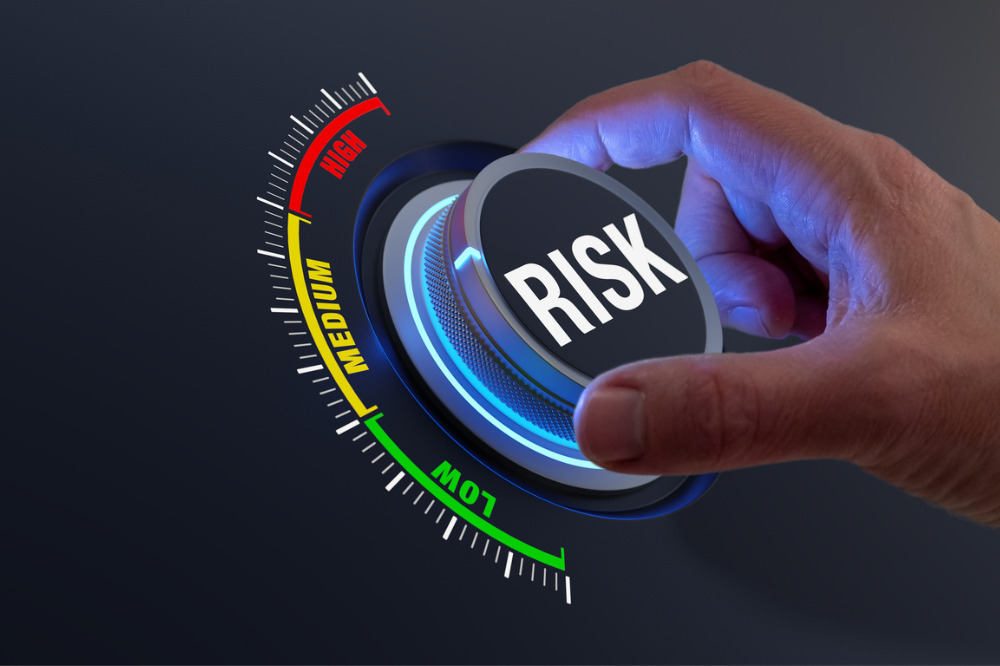Swiss Re unveils report on emerging risks

Swiss Re unveils report on emerging risks | Insurance Business Asia
Insurance News
Swiss Re unveils report on emerging risks
Report cites threats arising from changes in technology, geopolitics and society
Insurance News
By
Steven Byerley
Swiss Re has released its 11th edition of the SONAR report, shedding light on the evolving landscape of emerging risks.
The report identifies various threats that arise from the dynamic changes in technology, geopolitics, and society.
One prominent emerging risk highlighted in the SONAR report is the “Arctic opening,” which encompasses technological, economic, social, and environmental factors. As the Arctic region experiences accelerated warming, leading to the melting of ice, new shipping routes are becoming accessible. However, the increased economic activities in the area also bring potential geopolitical tensions and concerns about risk management in the region.
“The concurrent increases in economic interests, environmental change and geopolitical tensions make the Arctic a hotbed for emerging risks and potential risk accumulation,” said Patrick Raaflaub, group chief risk officer at Swiss Re. “With SONAR, we aim to proactively engage our clients and industry stakeholders in discussion of emerging risks, as we find this the best way to be prepared.”
Another futuristic yet significant risk explored in the report is solar radiation management (SRM) technology, which could be used to cool the Earth. Although it does not address the underlying cause of global warming, namely greenhouse gas emissions, SRM has the potential to reduce global temperatures.
However, implementing techniques like injecting reflective particles into the atmosphere poses environmental risks and the possibility of international conflicts, Swiss Re said. The sudden termination of SRM could result in rapid temperature increases, leading to extreme weather events such as droughts or hurricanes. The question arises of how to compensate those affected by these negative effects.
In the technology sector, complex machine learning systems and artificial intelligence present another emerging risk. While AI advancements offer numerous benefits, they also bring potential risks. Hackers can manipulate AI models, leading to errors, data leaks, compromised training data, or theft of machine learning models.
The SONAR report said that the rise of AI increases the opportunities for fraud and intellectual property loss. For example, phoney creditworthiness ratings or false insurance scores could be generated. In the field of car insurance, AI-based claims management systems might be deceived into detecting substantial damage where none exists. In more severe cases, if AI systems are hacked, it could result in physical harm, such as autonomous car crashes or medical misdiagnoses, Swiss Re said.
Have something to say about this story? Let us know in the comments below.
Keep up with the latest news and events
Join our mailing list, it’s free!






